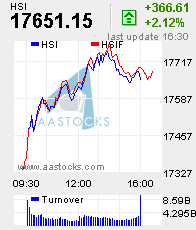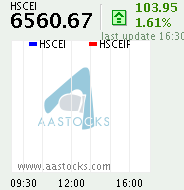The penalty point scheme introduced by the Housing Authority of Hong Kong
The penalty point scheme introduced by the Housing Authority of the HKSAR to promote estate cleanliness will get tougher next year with its tenants for many disdeeds.
Those living in public housing estates who allow stagnant water to accumulate or who let their laundry drip will be penalized with five points.
If its tenants caught using a public flat as an illegal food factory, they will be fined seven penalty points.
When a household has accumulated more than 16 penalty points, they'll be evicted.
According to the first law of demand, what would you expect after the introduction of such new penalty scheme? (Students, give your response and get bonus marks!)










